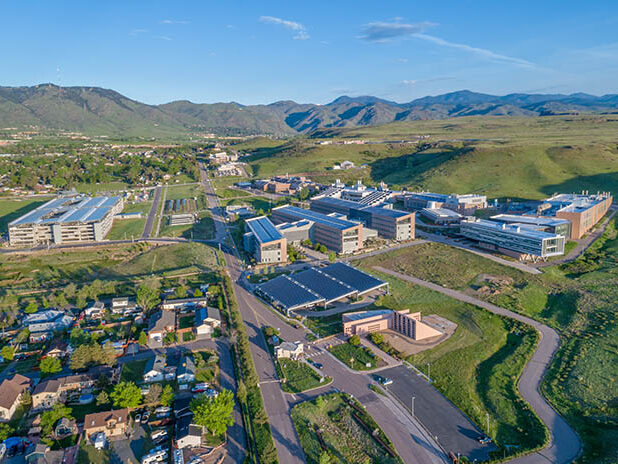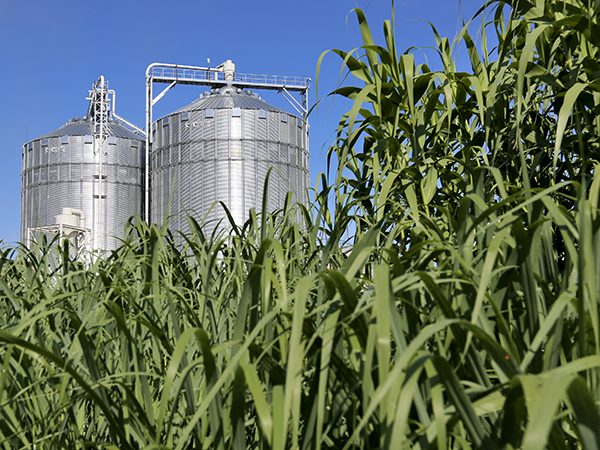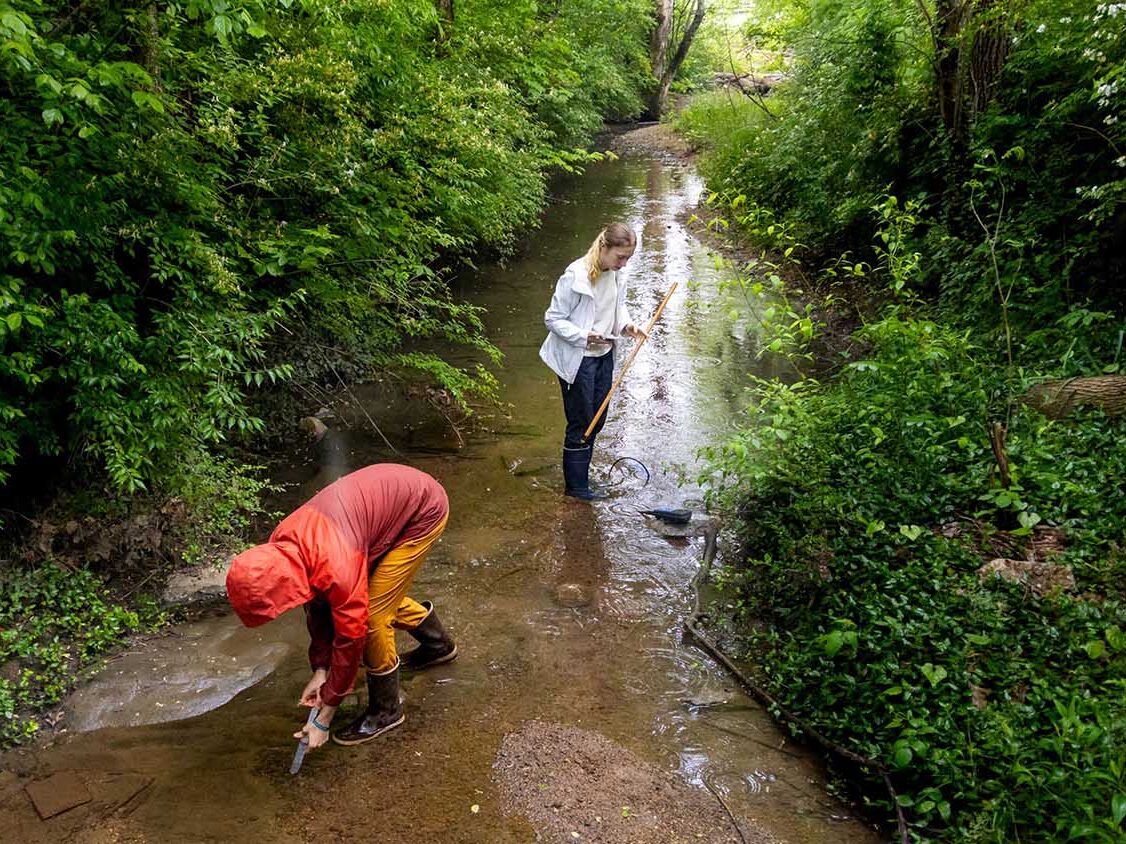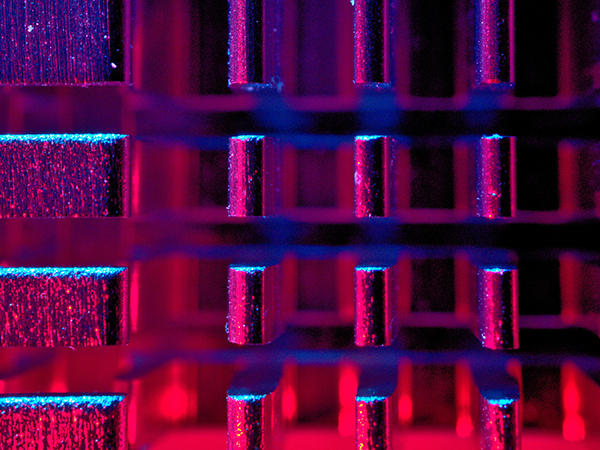Home to the National Laboratory of the Rockies, Colorado is a hub for energy research and development, as well as a burgeoning technology sector. In addition to NLR, ORNL’s partners in the Centennial State include Colorado State University and the University of Colorado, solid-state battery producer Solid Power, precision engineering firm Forge Nano, and ColdQuanta, a quantum computing and networking company.

ORNL’s user facilities offer a diverse set of tools for experiments across a range of fields, including biology, materials and energy sciences, physics, engineering, and chemistry. Learn more about ORNL’s user facilities. Data reflects fiscal year 2020 except for scientific publications, which covers 2016–2020. Partner stories reflect work conducted from 2016 to present.

The Center for Bioenergy Innovation, a DOE Bioenergy Research Center focused on engineering better plants and microbes to produce bio-based fuels, chemicals and materials, is working with partners from the National Laboratory of the Rockies. The team is advancing methods for high-yield production of advanced biofuels that can be blended with existing transportation fuels to provide an abundance of domestic, reliable, secure energy to help meet rising demand.
Learn more about biological science at ORNL.

In a light commercial building at ORNL, the light-filtering cellular shade manufactured by Hunter Douglas was experimentally tested to evaluate energy savings. By using a unique combination of physical testing and simulation, researchers proved that this type of shade shows significant energy savings potential in commercial buildings and provided increased thermal and visual comfort for occupants. The results from simulation performed in a medium office prototype building determined that cellular shades could achieve 19%–27% energy savings at different locations in the U.S.
Learn more about energy science at ORNL.

The Center for Bioenergy Innovation, a DOE Bioenergy Research Center focused on engineering better plants and microbes to produce sustainable, cost-competitive biofuels and bioproducts, comprises partners from national laboratories, industry, and academia, including Colorado State University, University of Colorado, and the National Renewable Energy Laboratory.

In a project with the University of Colorado-Boulder and other collaborators, ORNL scientists are collecting, analyzing, and modeling data from a representative watershed—the Tennessee River Basin—to gain fundamental insights about water resources critical to power generation, industry, agriculture, recreation, and human needs. By creating a simulation that accounts for changes in waterways traversing forests and landscapes (rural, suburban, and urban), scientists will develop a predictive understanding of this essential resource that can be repeated for other watersheds and guide decision-making on local, regional, and national scales. Other collaborators are the Colorado School of Mines, Virginia Tech, University of Florida, Kansas State, and Oregon State.

ORNL contracted with Colorado’s ColdQuanta to build a custom ion trap platform. This promising approach poses fewer hurdles to quantum computing than other current methods. The cryogenic system will allow ORNL, a leader in quantum information science, to test cryogenic devices and assess the feasibility of ion trap computing in solving problems of national importance.
For more information, contact [email protected].
